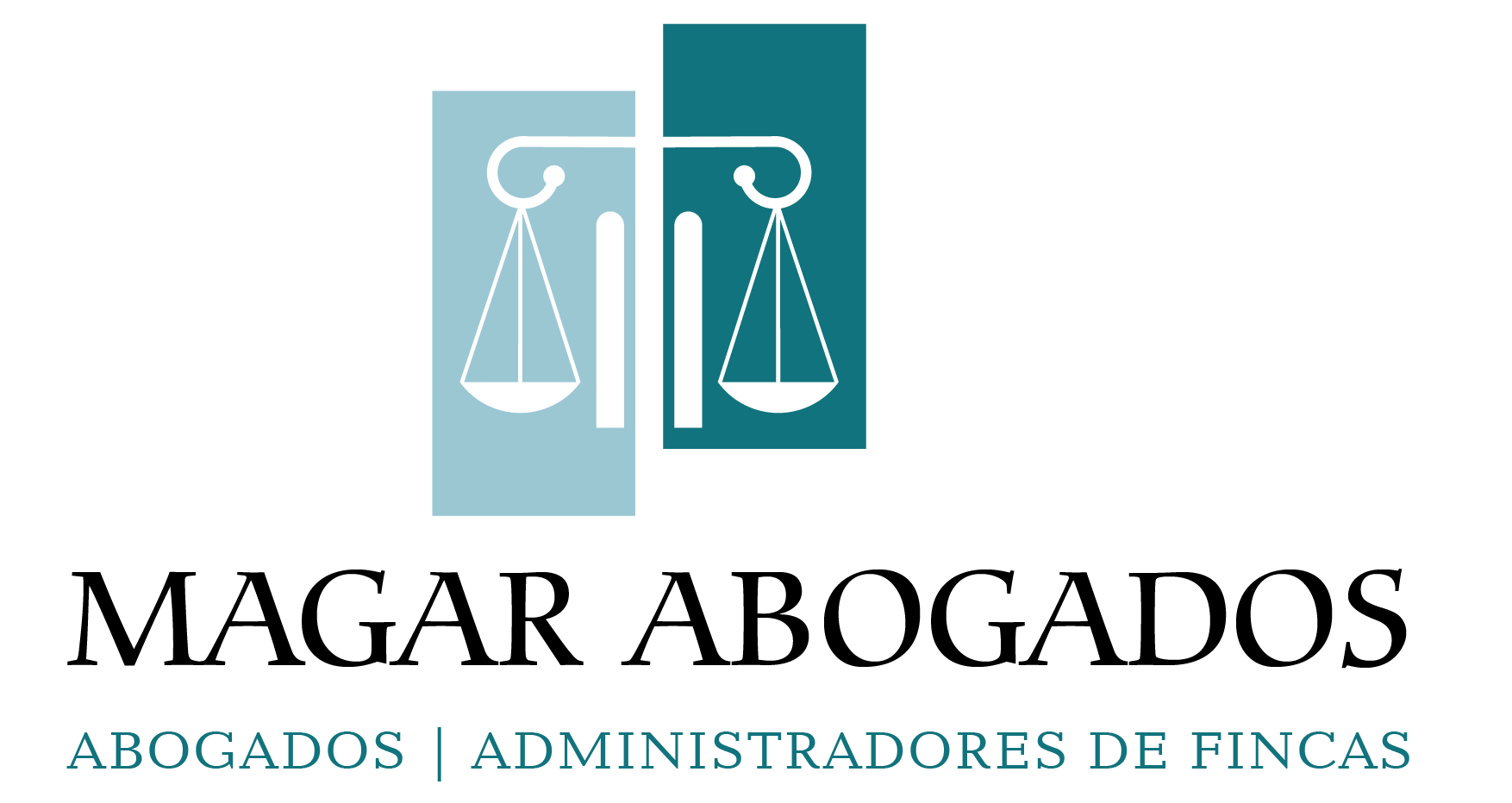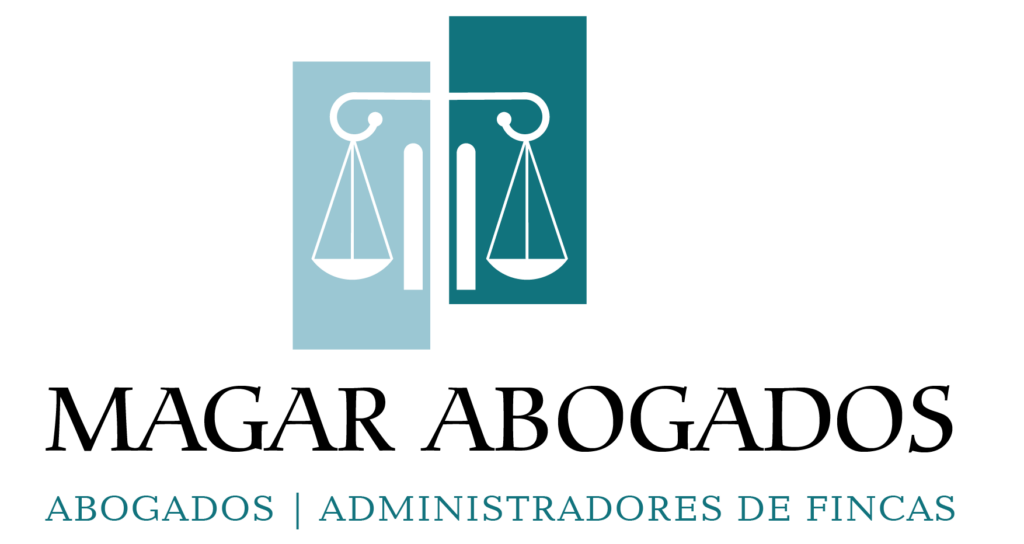Part of that process should involve inquiring whether they’re regulated, how they keep your private keys secure and whether they offer any insurance coverage. Custodial wallets are nearly always web-based, and are usually provided by centralized crypto exchanges like Coinbase. Most exchanges’ interfaces are designed so users never even have to directly interact with their wallets.
It is important to note that the point of cryptocurrency is all about gaining complete control and ownership of your money. On the contrary, custodial crypto wallets take away the fundamental meaning of cryptocurrency. You would not feel like investing in a decentralized digital currency with custodial wallets.
The Crypto.com DeFi Wallet
Industry experts are hailing crypto as the next big thing in the domain of finance and technology in general. While cryptocurrency popularity continues to soar higher, people and institutions are eager to purchase cryptocurrencies. This is where you would come across the need for trustworthy solutions to store your cryptocurrencies. Choosing between a custodial or non-custodial wallet depends on what you are trying to get out of your Bitcoin and how comfortable you are with computer security. Then you must think about what type of wallet will you use to store and protect your cryptocurrencies. This creates an extremely simple solution for the user but also creates an additional layer of risk.
There can be different approaches to managing private keys, depending on the sophistication of security and privacy features. All cryptocurrency wallets function through the use of both public and private keys. The model that ends up working out for the best in the long run may be one that does not try to be as decentralized as possible while also allowing their customers to hold their own funds.
Start your crypto journey with MoonPay
Currently available on web platforms, but coming soon for mobile devices as well. Did you know Solana has a mechanism to let users lock up tokens to secure the network and earn rewards? Learn about Base Chain, Coinbase’s Layer-2 network that is providing a key solution to scale Ethereum with lower gas fees and faster transactions. Custodial wallets also usually have a more user-friendly interface so novices can navigate them quite easily. Read our article How to spot and avoid crypto scams to learn all about the most common scams and how to spot them.
To understand how a custodial wallet works, it’s important to know first how crypto wallets work. Instead, they contain the public key, which lets the user set up transactions, and the private key, which is used to authorise transactions. The setbacks in custodial wallets serve as fuel for debates on custodial vs non-custodial wallets.
Pay with Crypto from Brave Wallet with BitPay Online & In-store
You could even lose your funds to government seizure in the event an exchange that holds your private key goes bankrupt. Choosing between a custodial wallet and non-custodial wallet is a key decision when it comes to securing your cryptocurrency holdings. Some prefer a custodial exchange account, while others prefer non-custodial wallets, and some end up using a combination of the two. You’ll also have to decide if you want a hot or cold wallet, and whether to spread your cryptocurrency holdings between various crypto wallets. Regardless of your choice, be sure to always follow best security practices.
For users who prioritise ease of use and backup recovery options, custodial wallets are a sensible solution. But for those who want full control and ownership of their private keys, non-custodial wallets might be what they’re looking for. Ultimately, it is up to the user, and the non-custodial Crypto.com DeFi Wallet is one of many options to consider. Custodial wallet holders enjoy peace of mind because they don’t need to worry about losing their private key. If users lose any sensitive data, they can contact customer support and regain access to their funds.
What Are Custodial Wallets?
A non-custodial wallet is simply a piece of software on your own computer or phone that puts you in full control of your cryptocurrency holdings. You hold your own private keys, which means no one else is able to make a transaction on your behalf. But with custodial wallets, you can recover your access because they hold your private key. The major difference between custodial and non-custodial wallets lies in who holds the private key of your wallet. In custodial wallets, a third party holds the private key and manages assets on your behalf.
But, to access non-custodial wallets you do not need constant internet access, making them more convenient for users. There are several different types of crypto wallets to choose from, but the two main varieties can be broken out as custodial wallets and non-custodial wallets. This is a public-facing data point like your home address and is used to receive inbound cryptocurrencies and encrypt outbound transaction data. When depositing crypto into a wallet, you simply input the public key as the deposit address. This is similar to using your handle in a service such as Venmo or CashApp. Both custodial and non-custodial wallets have their own sets of benefits and limitations.
Offline accessibility
An investment platform is similar to a broker in which it allows you to transact online to buy, hold and sell securities and managed funds. Platforms can also offer a more diverse range of options including wholesale managed investments, Non-deliverable Forward Ndf private equity, and term deposits. However, in the case of an investment platform, they in ‘most’ cases use a custodian to hold investments on behalf of clients and may charge administrative fees or custodial fees.
- Stockspot founder and CEO Chris Brycki shares his views about the risks of using a custodian in an interview with the ABC.
- As a matter of fact, custodial wallets are the crypto wallets that take custody of the private keys of users.
- Please note that the availability of the products and services on the Crypto.com App is subject to jurisdictional limitations.
Cryptocurrency is essentially a bearer asset, as the person who holds the private keys to a wallet effectively controls (owns) the coins inside. Now you know the basics of custodial vs non-custodial wallets, it’s time to explore them for yourself. If you wish to become a custodial parent, you need to ensure that you get primary physical (and often legal) custody when you separate from or divorce the child’s other parent.
They do, however, charge higher fees and only provide exposure to a fraction of the cryptocurrencies and trading pairs offered on exchanges. This Learn article will look at what crypto wallets are and what the difference is between non-custodial and custodial wallets. Well, understanding the difference between custodial wallets and non-custodial wallets means understanding who controls the private keys. A private key is like the key to your front door and is used to facilitate the transfer of cryptocurrencies out of a wallet and prove ownership over any funds held inside. Just like you wouldn’t want a stranger having your front door key, you don’t want anyone to possess your private key.
Non-custodial Wallets
This guide explains exactly what this legal term means, why it can be important to be defined as the custodial parent and how to try to become a custodial parent if that’s your preference. When two parents who share a child don’t raise them in the traditional family structure, it may become necessary to determine who the custodial parent should be. By considering factors such as security, control and user experience, you can decide which wallet type best suits your needs.


